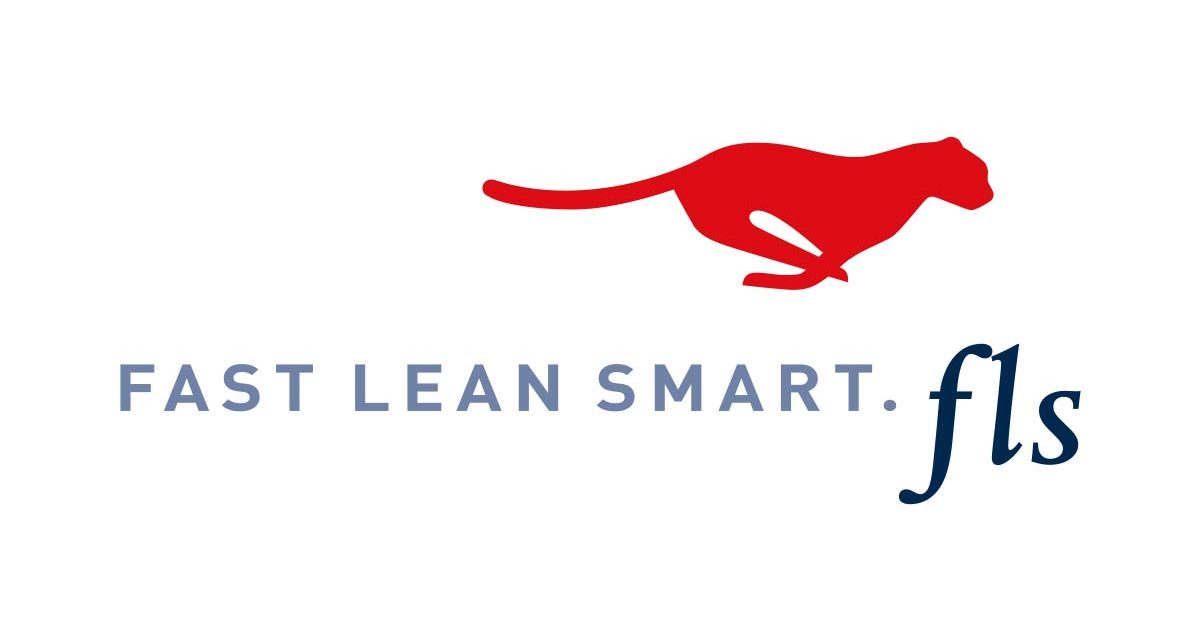
Dynamic field service planning solution FLS VISITOUR has won the Best Decarbonisation Approach at a prestigious UK housing Awards.
Technology leader FLS – FAST LEAN SMART won a Housing Executive Award for innovation and efficiency for its focus on tangible environmental benefits and resident communication.
The inaugural Awards, which were held at Bolton Wanderers FC Stadium, celebrated FLS’ solutions to support the critical reduction of carbon emissions in line with the UK’s Net Zero goals.

Across the UK housing sector, FLS VISITOUR enables DLOs and contractors to cut travel distances and emissions. AI-enhanced, algorithm-driven planning reduces wasted travel, helping field teams – from repairs and maintenance operatives to compliance inspectors and housing officers – reach appointments faster while lowering fuel use and carbon output.
FLS VISITOUR minimises no-access rates and is operative-friendly thanks to intelligent real-time optimisation, including same day and rapid response.
Typical results include a 30–50% cut in driving distances, boosting capacity by more than one extra appointment per shift, with SLA adherence rates as high as 99.5%.
Comments from the Judges included:
“The Judges were particularly impressed with FLS’ innovative scheduling and planning approach, which drives efficiencies and delivers a massive reduction in carbon emissions.
“Although the technology is there to help their customer with efficiencies and reducing their carbon footprint, there are also benefits to the tenant with real time information.
“This is an innovative technology where the customer is also engaged with their self-service portal.”
Jeremy Squire, UK Managing Director at FLS – FAST LEAN SMART, added: “The FLS team is proud to have won this prestigious Award which is testament to the innovation delivered by our development and consultancy teams, as well as the critical carbon reduction efforts and results that our users have achieved.
“With the recent addition of Wates Property Services, our customers provide repairs and maintenance services to two million properties across the UK and Europe. FLS is committed to supporting the housing and wider sectors to achieve efficiency through optimisation, with reducing driving distances and minimising wasted materials presenting a huge opportunity to address carbon footprints.
“It’s fantastic to be working with so many partners across so many sectors, which together are all helping us to realise this success, with our best-of-breed dynamic scheduling unlocking huge net zero value.”
FLS VISITOUR’s groundbreaking dispatching delivers lightning-fast route optimisation, which is continually updating in the background to provide the most efficient routing for all field service teams.
FLS VISITOUR also supports tenant satisfaction measures (TSMs) and Awaab’s Law response with intelligent features such as predictive, traffic-based driving times to ensure reliable service. The software designs valuable new ways of working such as reduced depot visits and allows planning teams to factor EV charging breaks into schedules.


